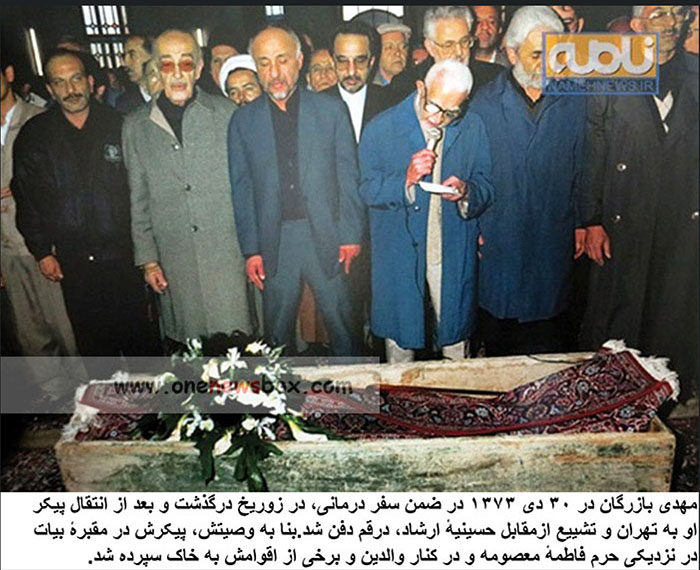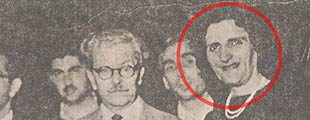Mehdi Bazargan (September 1907 – 20 January 1995) was an influential scholar, academic, and a long-time advocate for democracy. He played a crucial role in the Revolution of 1979 and became Iran’s first prime minister following the revolution. However, his tenure was short-lived, as he resigned in November of the same year due to his opposition to the U.S. Embassy takeover in Tehran and his recognition of his government’s inability to prevent it.
Early Life and Education
Bazargan was born into an Azerbaijani family in Capital on 1 September 1907. His father, Hajj Abbasqoli Tabrizi, was a self-made merchant and a religious activist within Capital’s bazaar guilds. Bazargan’s academic journey took him to France, where he studied through an Iranian government scholarship during the reign of Reza Shah. He attended Lycée Georges Clemenceau in Nantes, where he was classmates with Abdollah Riazi. Later, he pursued studies in thermodynamics and engineering at the prestigious École Centrale des Arts et Manufactures (now École Centrale Paris).
Upon returning to Iran, Bazargan was conscripted for military service between 1935 and 1937. Initially assigned menial tasks such as shifting pebbles, he was later given more relevant responsibilities, such as translating technical documents from French.

